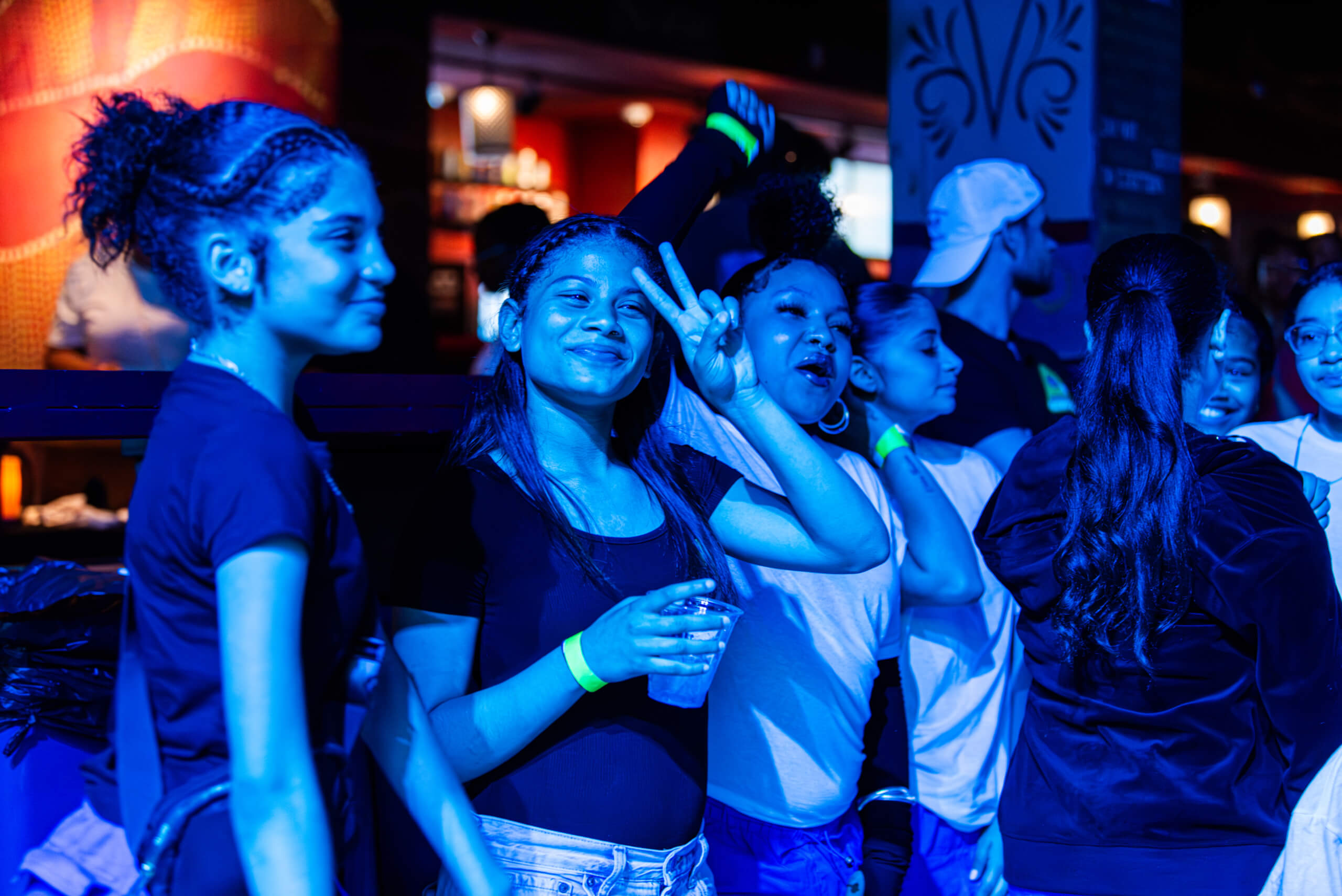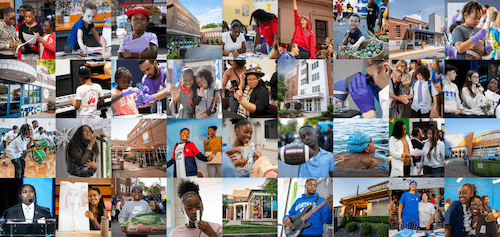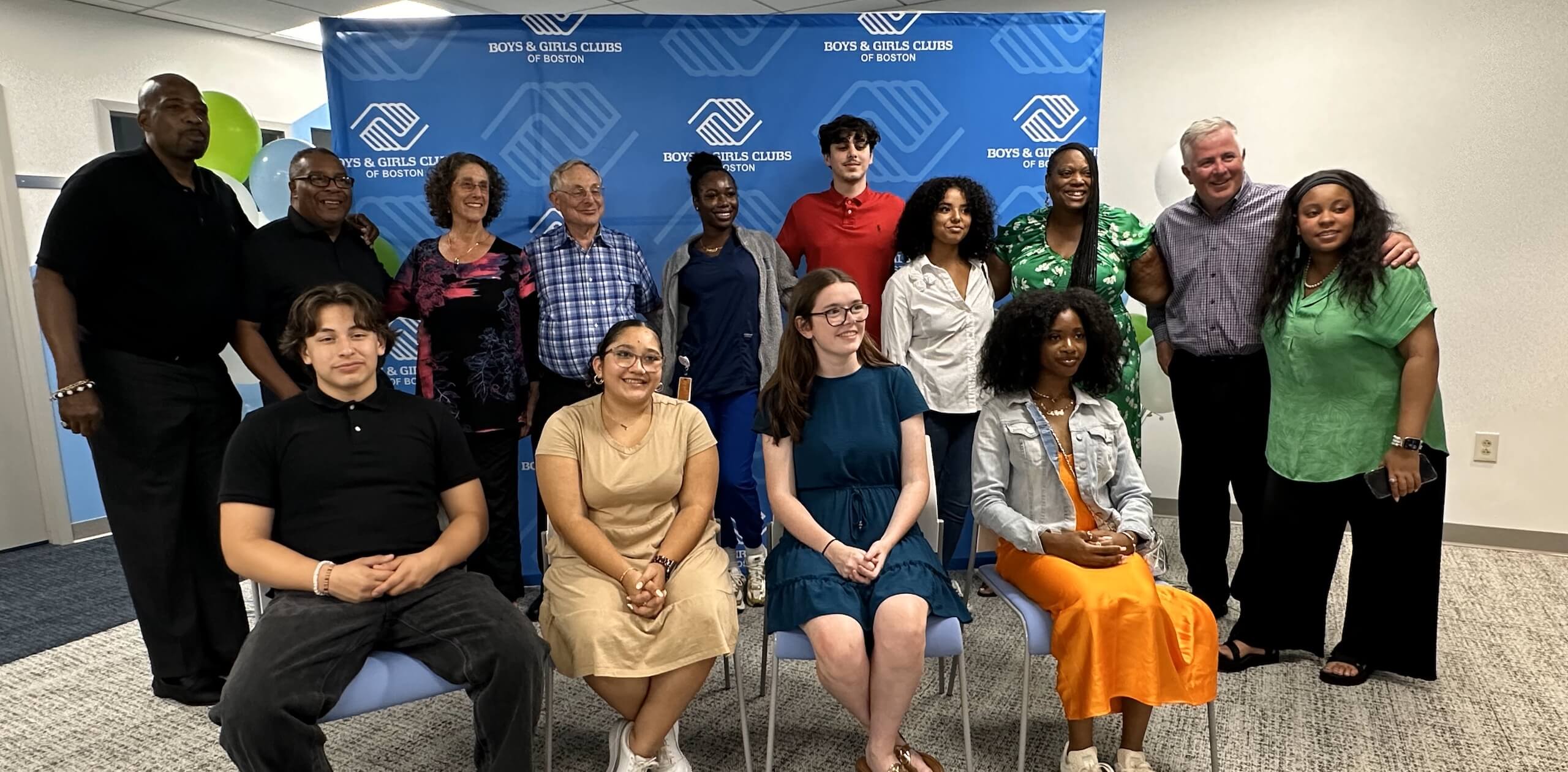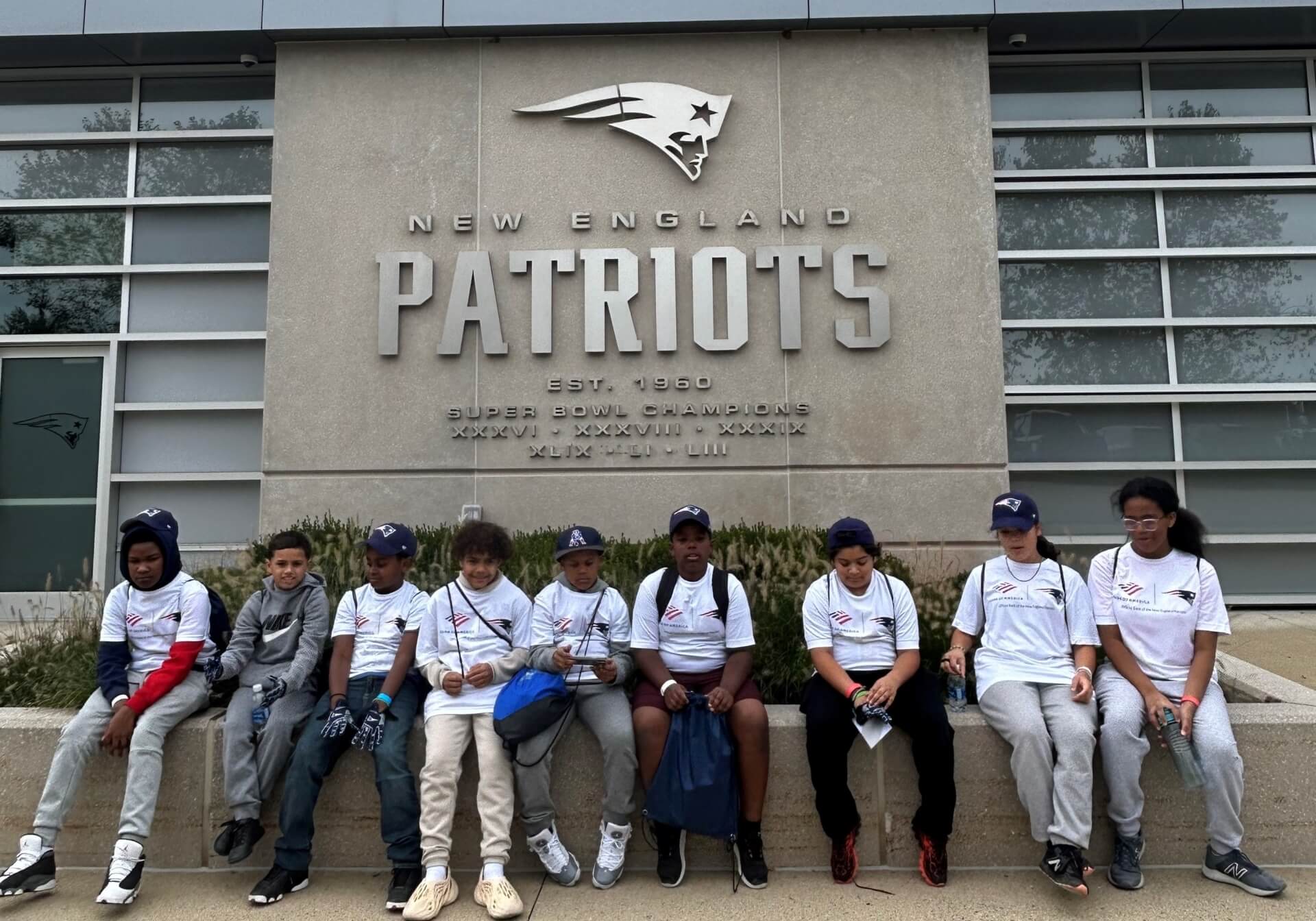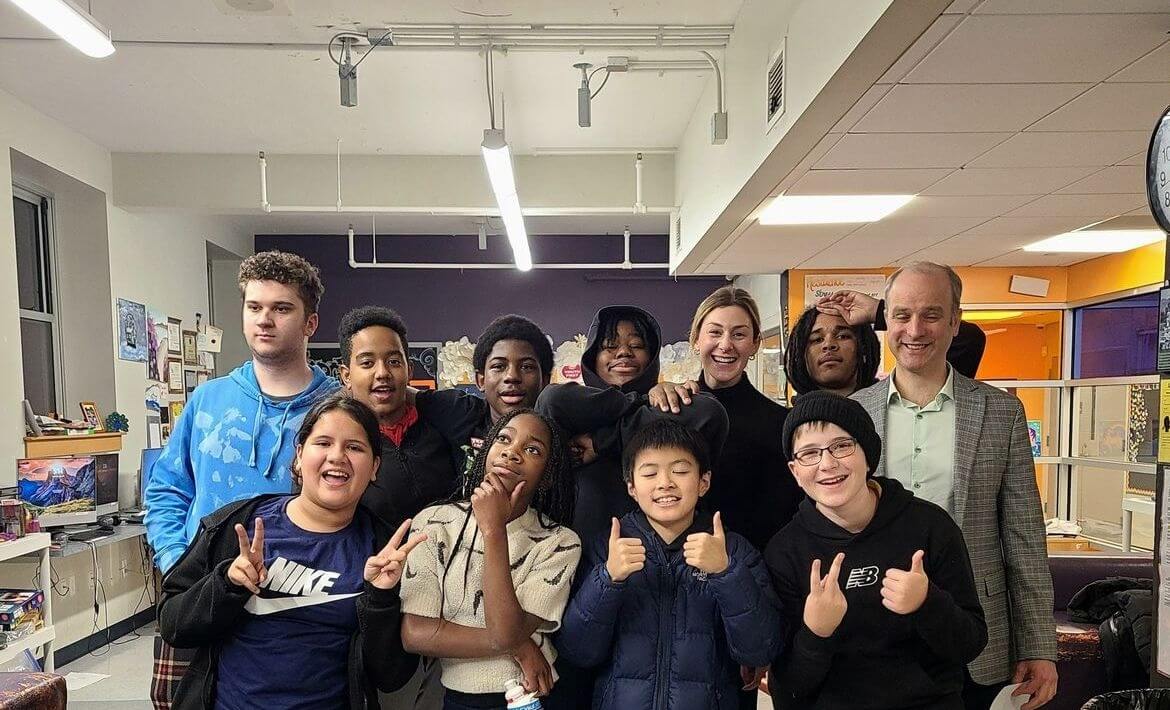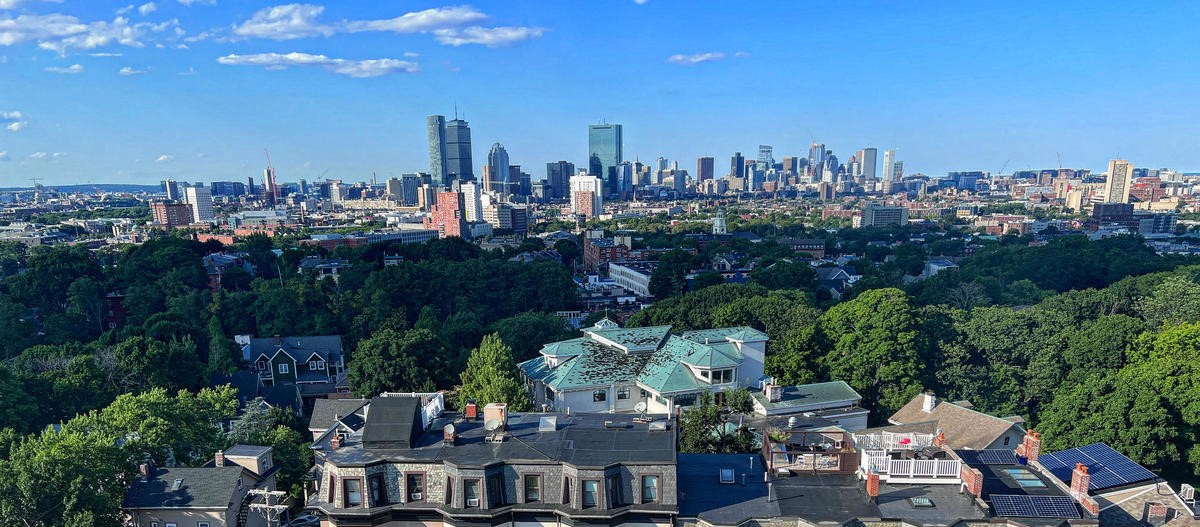Boston’s health challenges—from mental health crises to life expectancy gaps—demand collective action across communities, providers, and systems. With the majority of health shaped by social conditions and racism declared a public health crisis, building healthy futures requires coordinated community-based interventions that address root causes together.
1. The majority of our health is shaped by where we live, work and eat.
2. Your zip code can impact your lifespan.
3. Youth of color report higher stress & fewer supports.
4. Trusted relationships and emotional support can help reduce depression, anxiety, and trauma.
5. Black and Latin youth in Boston face higher rates of emergency mental health visits.
6. Paid teen jobs for reduce violence and improve health.
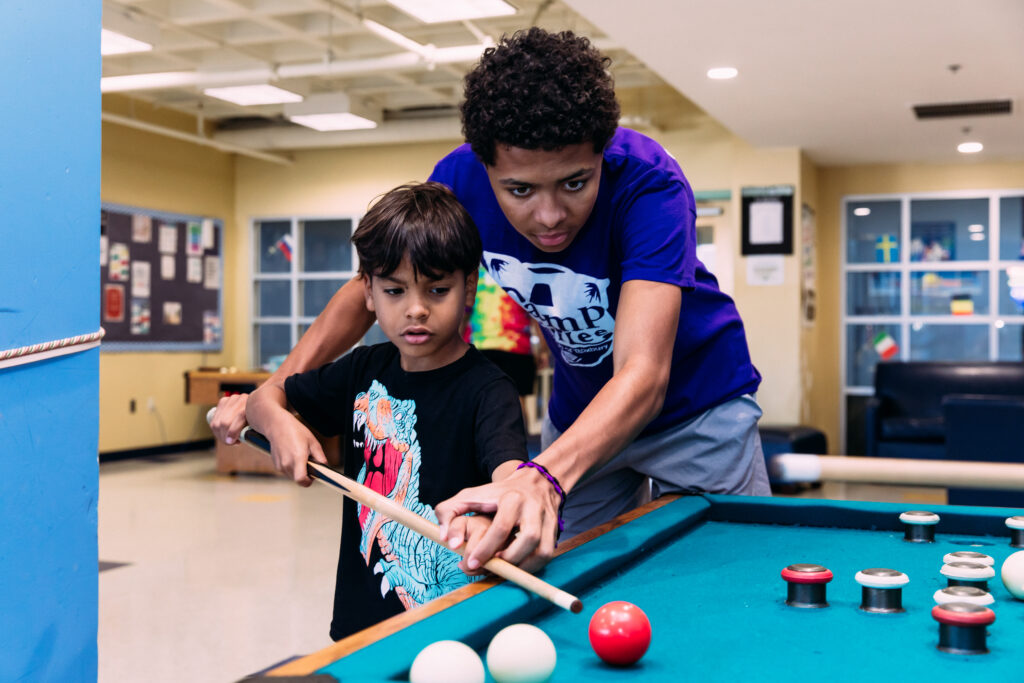
7. In 2020, Boston declared racism a public health crisis.
8. Healthy futures are built in community.
9. Boston is one of the only cities with a strategy to eliminate the life expectancy gap.
10. Racial health gaps aren’t genetic—they’re systemic.
11. Boston’s life expectancy gap has narrowed by 10 years since 2005.
12. Mental health is the #1 reported health concern in Boston.
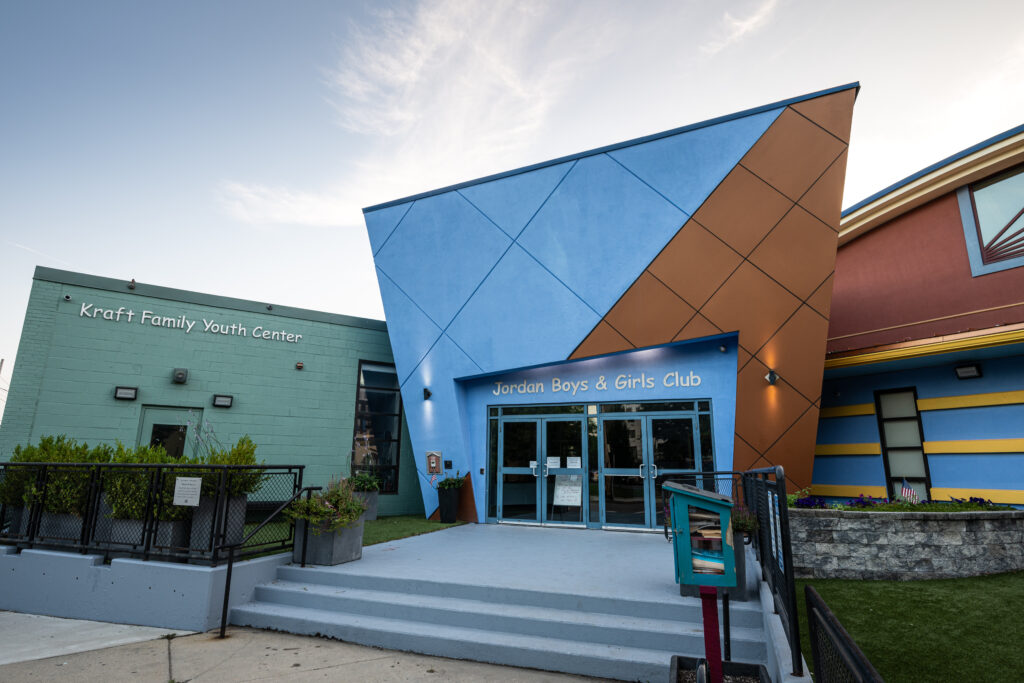
13. Social belonging is one of the strongest protective factors for youth mental health.
14. Suicide risk is higher for LGBTQ+ youth.
15. Community-based doulas lower birth risks for Black families.
16. Maternal mental health shapes lifelong child outcomes.
17. Teen jobs boost graduation rates.
18. Education is a major predictor of lifelong health.
19. Health equity starts in childhood and lasts a lifetime.
20. Children from low-income families are 3 times more likely to have unmet health needs.
21. Emergency room visits are 86% more common for low-income families.
22. 85% of children from low-income backgrounds don’t receive the mental health care they need.
23. 1 in 4 Massachusetts families with children face food insecurity.
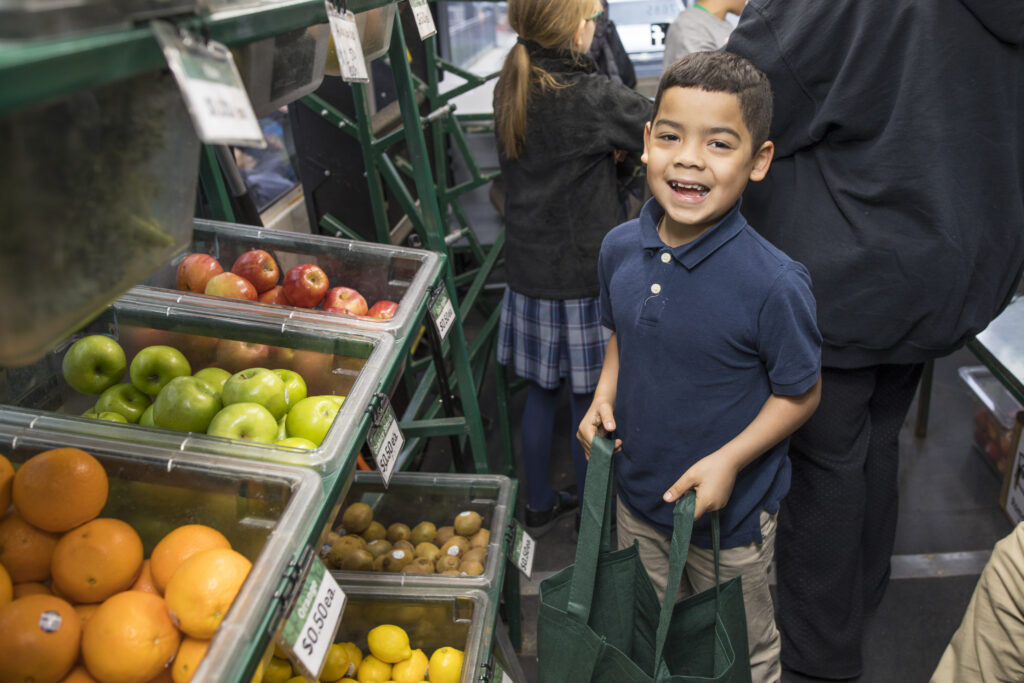
24. Only 50% of low-income patients say their providers listen.
25. Over 2,300 children experience homelessness in Boston.
26. Asthma and obesity prevention often go overlooked in healthcare.
27. Most providers only have 15 – 20 minutes per patient.
28. Many Boston clinics see 30% of patients miss appointments.
29. Nearly half of healthcare workers report burnout.
———
All data below sourced from:
Boston Public Health Commission
Boston Community Pediatrics
